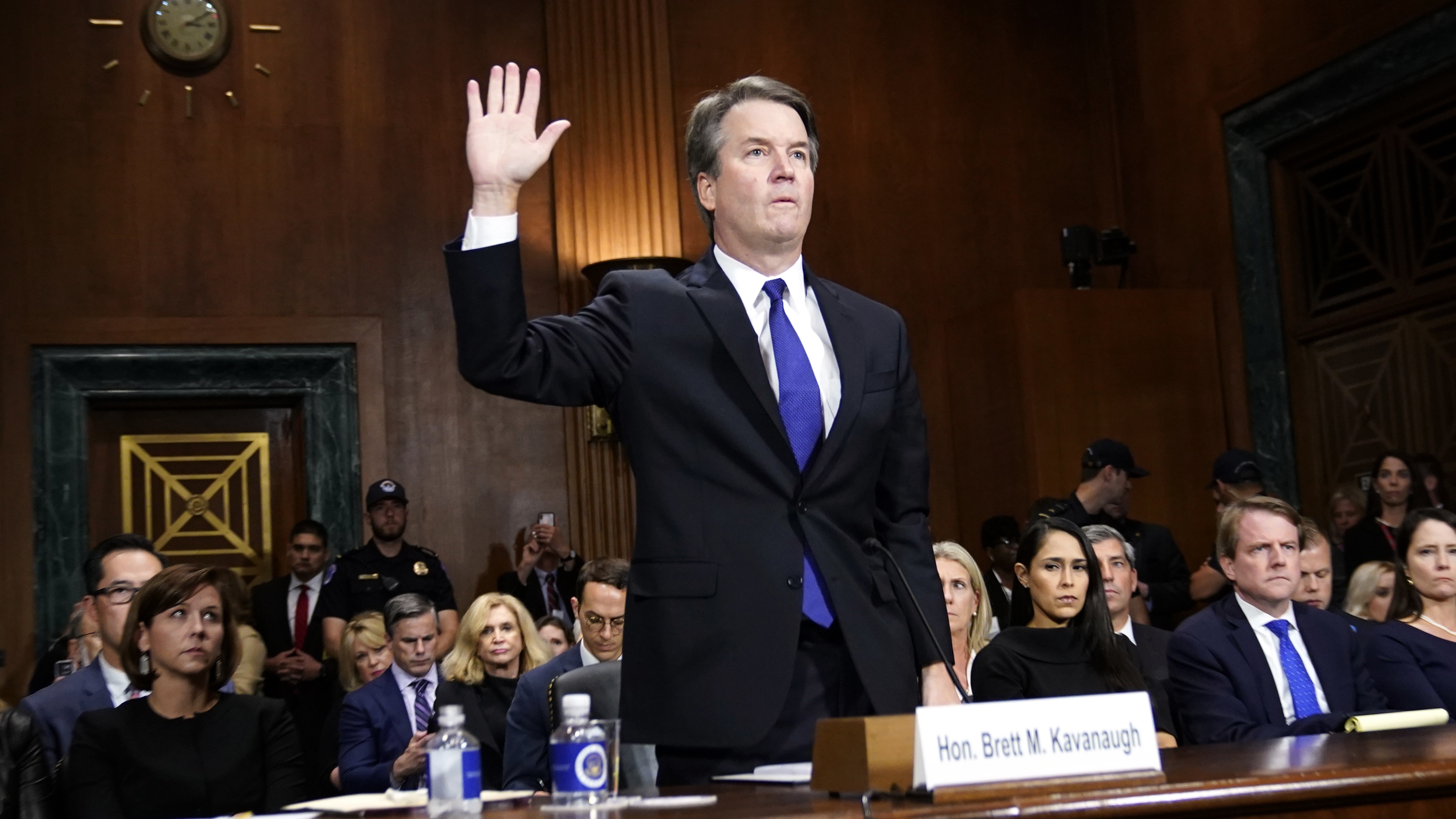Government makes U-turn on tax haven transparency laws
Theresa May accepts public ownership registers for overseas territories to stave off Commons defeat

A free daily email with the biggest news stories of the day – and the best features from TheWeek.com
You are now subscribed
Your newsletter sign-up was successful
The Government has performed a U-turn by agreeing new measures aimed at increasing transparency in offshore tax havens, after a backbench revolt and defeat in the Commons.
Twenty Conservative MPs backed a cross-party amendment to force British overseas territories to publish public ownership registers. They will show how the global super-rich hide their funds in offshore tax havens, making it easier to uncover corruption, money laundering and tax dodging, campaigners claim.
The measures will cover major UK tax havens such as the British Virgin Islands and Cayman Islands, but will not include Britain’s crown dependencies, Jersey, Guernsey and the Isle of Man.
The Week
Escape your echo chamber. Get the facts behind the news, plus analysis from multiple perspectives.

Sign up for The Week's Free Newsletters
From our morning news briefing to a weekly Good News Newsletter, get the best of The Week delivered directly to your inbox.
From our morning news briefing to a weekly Good News Newsletter, get the best of The Week delivered directly to your inbox.
In an earlier bid to stave off the amendment to the Sanctions and Anti-Money Laundering Bill, the Foreign Office had pledged to work internationally to introduce public registers “as the global standard by 2023”.
However, this was dismissed as too little too late by Andrew Mitchell, the former Conservative International Development Secretary leading the revolt. The Government threw in the towel in the face of a clear majority for the amendment in the House.
Fourteen British overseas territories will now be required to set up “beneficial ownership” registers by the end of 2020, or have them imposed from Westminster.
Bloomberg says the Government has faced “mounting pressure” on the issue, especially after the British Virgin Islands were caught up in the scandal triggered by a leak of documents from Panamanian law firm Mossack Fonseca, which came to be known as the Panama Papers.
A free daily email with the biggest news stories of the day – and the best features from TheWeek.com
It has also been in the spotlight since the poisoning of former Russian double agent Sergei Skripal in March, an attack blamed on the Kremlin. The killing led to calls for ministers to do more to tackle the web of offshore shell companies investing in the UK and crackdown on illicit Russian assets passing through British overseas territories.
Labour MP Margaret Hodge, who put forward the amendment along with Mitchell, told the BBC that with the new measures: “We would know who owns what and where and we would be able to follow the money. We would be able to root out corruption and crime.”
Citing an estimated £68bn which has flowed out of Russia into the overseas territories over the past ten years she said: “This secrecy allows you to hide your money and then transfer it, if it is corruptly secured, into the legal system by doing things like buying properties.”
While the U-turn was welcomed by MPs and transparency campaigners, British overseas territories which will be affected by the changes hit back.
Speaking on BBC Radio 4’s Today programme, Lorna Smith, interim executive director of British Virgin Island Finance, accused supporters of the legislation of “colonialism”, adding that the British Virgin Islands had “done nothing wrong” and were deemed largely compliant on transparency by international bodies.
She went on to say that her major concern was one of “constitutional infringement”, arguing that: “If this bill goes through, it’s like Scotland feeling that Westminster is legislating for Scotland. It’s simply not right.”
The Guardian has also cited representatives of the territories who have argued that “the disclosure requirement would be expensive to implement at a time when countries in the Caribbean were recovering from the impact of Hurricane Irma”.
-
 How the FCC’s ‘equal time’ rule works
How the FCC’s ‘equal time’ rule worksIn the Spotlight The law is at the heart of the Colbert-CBS conflict
-
 What is the endgame in the DHS shutdown?
What is the endgame in the DHS shutdown?Today’s Big Question Democrats want to rein in ICE’s immigration crackdown
-
 ‘Poor time management isn’t just an inconvenience’
‘Poor time management isn’t just an inconvenience’Instant Opinion Opinion, comment and editorials of the day
-
 The Pandora Papers: will the war on tax dodgers ever end?
The Pandora Papers: will the war on tax dodgers ever end?feature Leaks are clearly discouraging tax avoiders, but more needs to be done to fight financial crime
-
 Texas’s abortion law: the Republicans get their way, at last
Texas’s abortion law: the Republicans get their way, at lastSpeed Read SB8 authorises private citizens to sue anyone who performs, ‘aids or abets’ an abortion after six weeks of pregnancy
-
 Changing legal gender: what’s new and how does it work?
Changing legal gender: what’s new and how does it work?Speed Read Cost of a gender recognition certificate application is reduced from £140 to £5
-
 America’s bloodiest state votes to ban the death penalty
America’s bloodiest state votes to ban the death penaltySpeed Read Virginia has executed more than 1,300 people in its 400-year history
-
 FBI accused of ‘fake’ background check on Donald Trump Supreme Court nominee
FBI accused of ‘fake’ background check on Donald Trump Supreme Court nomineeSpeed Read Democratic senator calls for ‘proper oversight’ over Brett Kavanaugh investigation into sexual assault claims
-
 Family of Malcolm X claims letter proves FBI and NYPD involved in his murder
Family of Malcolm X claims letter proves FBI and NYPD involved in his murderSpeed Read Daughters of assassinated civil rights leader demand reopening of investigation
-
 Meghan Markle granted nine-month delay in Mail on Sunday privacy case
Meghan Markle granted nine-month delay in Mail on Sunday privacy caseSpeed Read Duchess of Sussex had applied for summary judgement in battle over letters sent to her estranged father
-
 Meghan Markle to pay £67,000 after losing first round of legal battle against Mail
Meghan Markle to pay £67,000 after losing first round of legal battle against MailSpeed Read Duchess of Sussex is suing the newspaper’s publisher for printing parts of private letter to her father